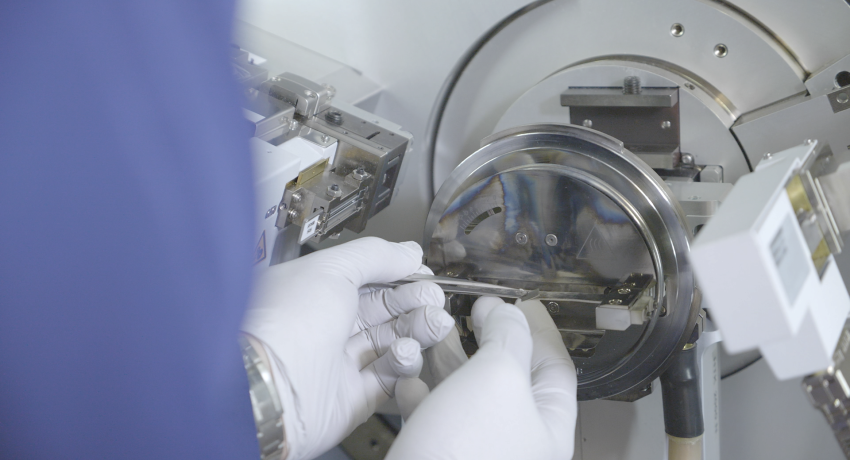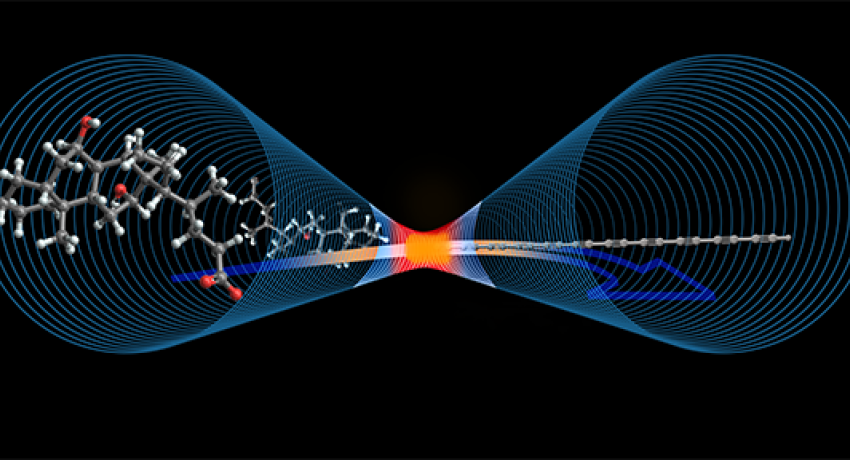MRI powers optical network innovation through collaboration with Infinera/Nokia
By Jamie Oberdick
When optical networking company Infinera was acquired by telecommunications giant Nokia in early 2025, it was hailed as a strategic move that would solidify Nokia’s leadership in data transport technology. But behind this $2.3 billion deal lies a story of innovation that’s been quietly unfolding in central Pennsylvania, thanks to a long-standing partnership between Infinera and Penn State’s Materials Research Institute (MRI).




